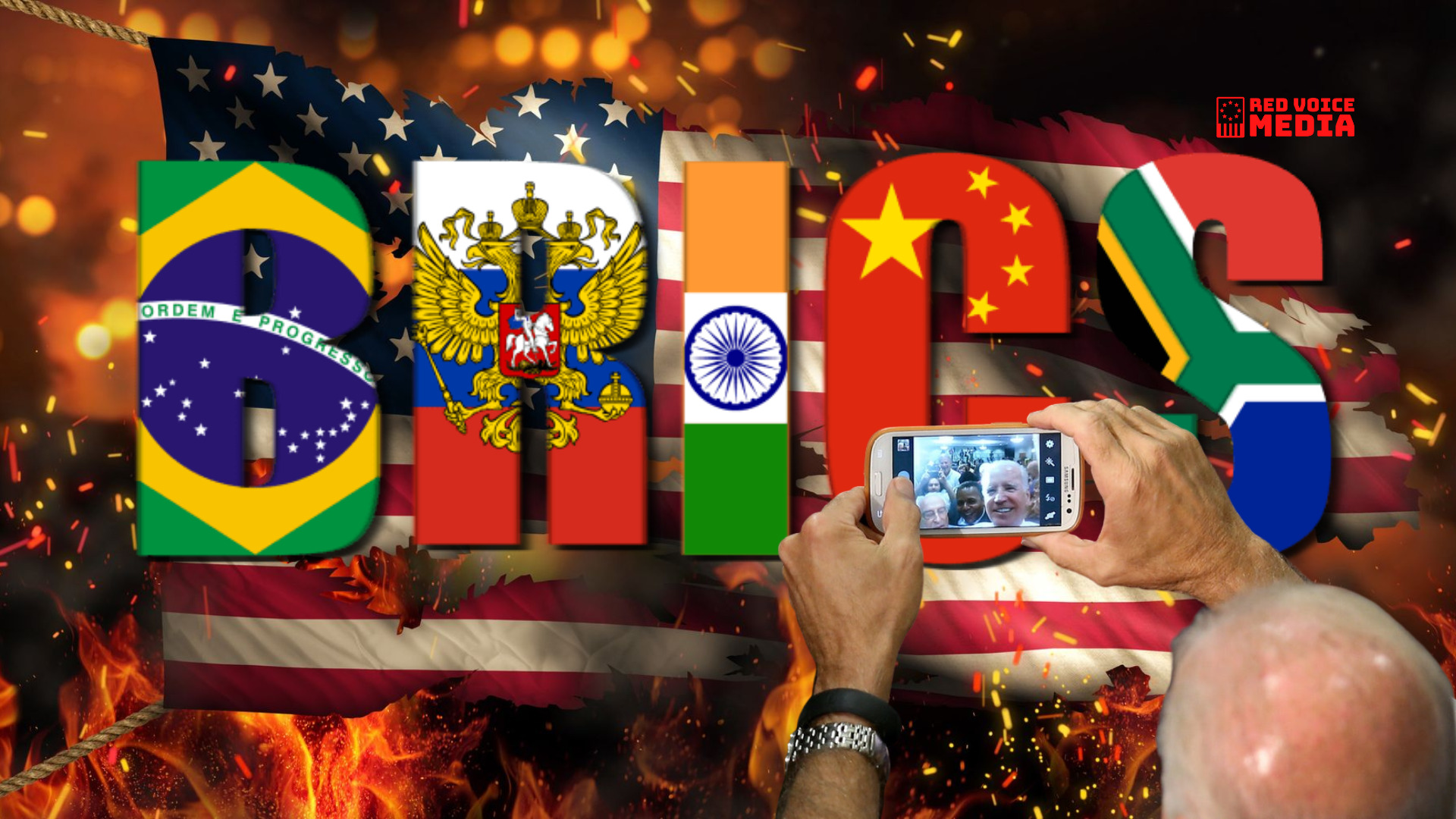
The BRICS economic bloc, a powerful association of emerging economies, is expanding its influence with the addition of six new nations. The coalition, initially made up of Brazil, Russia, India, China and South Africa, will now welcome Iran, Saudi Arabia, Argentina, Ethiopia, the United Arab Emirates and Egypt.
This major expansion comes as the BRICS seek to further strengthen their economic influence and political influence on the global stage. By incorporating countries with diverse economic interests and political orientations, the bloc positions itself as an influential alternative to Western alliances.
The severe devaluation of the US dollar will continue. pic.twitter.com/1utPj56yyo
— Wall Street Senpai (@WallStSenpai) August 24, 2023
Go ad-free, get exclusive shows and content, go Premium today – $1 trial
The expansion of the BRICS can be seen as an attempt to challenge Western dominance in global economics and politics. It can create a more multipolar world where power is more evenly distributed, potentially upsetting existing international norms and alliances.
“The US just doesn’t want to understand. We live in a multipolar world.”
Jeffrey Sachs sees the problem: the US refuses to accept the new balance of power in the world, and as a result is headed for war.
The world has become multipolar.
BRICS has become the leading… pic.twitter.com/Sr8kRnyAZJ— Richard (@ricwe123) August 24, 2023
“We are already in a post-American and post-Western world. We are in a truly multipolar world. We are in a world where the BRICS countries are bigger than the G7 countries.” – Jeffrey Sachs
BRICS put stress on Americans.😭🤣#BRICSSummit2023 pic.twitter.com/QYihmsuFqT
— The last daughter of Nkosazana 💙 (@badlands_2) August 24, 2023
The addition of Iran, Saudi Arabia, Egypt and other nations to the BRICS economic bloc represents a significant evolution in international relations. By embracing diverse economies and political systems, the BRICS can alter the global balance of power, offering an alternative to Western-led alliances.
The move may also provoke a response from Western nations, who might perceive this as a change in the global order. It’s a development that demands attention and could shape the future of global politics and economics for years to come.
The opinions expressed by contributors and/or content partners are their own and do not necessarily reflect the opinions of Red Voice Media. contact with us for guidelines for submitting your own comment.
